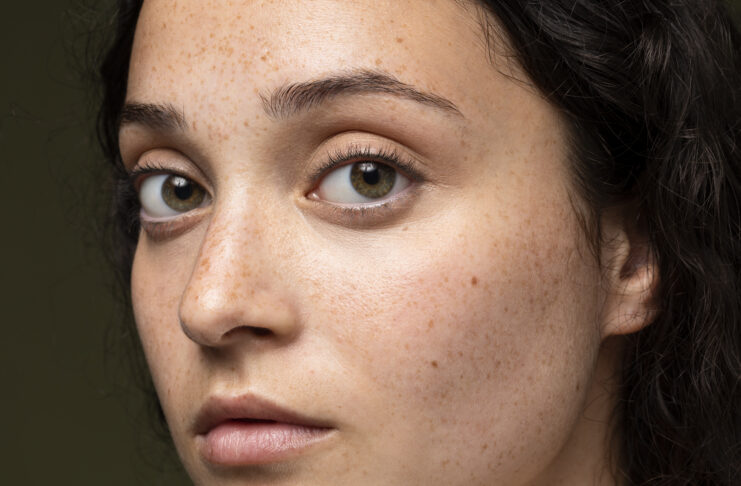Blackheads are those annoying tiny pimples that show up on the skin. Even though they don’t pose a threat, people may seek out different ways to get rid of them because of how unpleasant they might look. But not every technique is the same, and some can be more detrimental than beneficial. Thus, taking into account both efficacy and possible hazards, we will examine the best and worst methods for removing blackheads in this article.
The Best Approaches
These are a few of the best ways to get rid of blackheads.
Gentle Exfoliation:
Exfoliating gently is one of the most non-invasive methods for getting rid of blackheads. Apply a light exfoliating scrub or a chemical exfoliator with glycolic or salicylic acid for this purpose. Exfoliating the skin aids in pore cleaning and the removal of dead skin cells, which helps stop blackheads from forming. Just watch out not to overdo it, since too much exfoliation might cause discomfort.
Topical Retinoids:
Retinoids are vitamin A derivatives that are well-known for their capacity to encourage cell turnover and inhibit the development of blackheads. Examples of these compounds are Retin-A and adapalene. Although these products work well, using them without a dermatologist’s supervision is essential since they may cause dryness and irritation.
Clay Masks:
Blackheads can be removed with the help of clay masks, especially those that contain kaolin or bentonite clay. Blackheads can be reduced and your skin will seem clearer with regular application of a clay mask, which absorbs excess oil and pollutants from the skin. However, to prevent needless chemicals that could irritate the skin, use masks made of natural substances.
Steam and Extraction:
Using steam to soften the skin might facilitate the removal of blackheads. By warming the skin, steam causes pores to open, which facilitates the removal of blackheads with a comedone extractor or by gently pushing on the blackhead’s sides with a sterilized instrument. Squeezing too hard might cause irritation and scarring, so it’s important to be careful.
The Worst Approaches
Here are a few of the worst blackhead removal techniques that you should absolutely stay away from.
strong Scrubs:
Although mild physical exfoliation helps prevent blackheads, strong exfoliation can aggravate the skin by causing irritation, redness, and inflammation. Furthermore, using scrubs with large particles that are abrasive can lead to microtears in the skin, weakening the skin’s protective layer and increasing its susceptibility to environmental harm. Therefore, one of the least advised ways to remove blackheads is to use abrasive cleaners.
Do-it-yourself extractions:
Although it may seem appealing, extracting blackheads at home is a dangerous task. Infection, scarring, or increased inflammation might result from unhygienic conditions or incorrect technique. Therefore, in order to reduce the possibility of difficulties, it is preferable to leave extractions to the professionals.
Pore Strips:
Although widely used to remove blackheads, pore strips have a number of disadvantages. Sure, they might remove a few blackheads, but they can also cause dryness and exacerbate the problem by removing the skin’s natural oils.
Lemon Juice and Baking Soda:
To get rid of blackheads, some do-it-yourselfers advise combining lemon juice and baking soda. But lemon juice’s strong acidity can irritate skin, and baking soda’s abrasive properties can change the pH of the skin, disrupting its natural barrier and doing more harm than good.Toothpaste with an abrasive: While it has become more common in recent years, using toothpaste as a spot treatment for blackheads is not advised. Fluoride and menthol, two substances that can irritate skin, are frequently included in toothpaste and may not be useful in treating blackheads.
In conclusion, the secret to getting rid of blackheads is to be gentle and persistent. The best techniques emphasize maintaining healthy skin, preventing blackheads, and treating those that already exist without harming the skin. On the other hand, the worst approaches frequently use forceful techniques that can cause annoyance, inflammation, and long-term harm. People should customize their skincare regimen to meet their individual needs, taking into consideration their skin type and any underlying medical concerns. When in doubt, seeking advice from a dermatologist guarantees a customized strategy for removing blackheads, fostering clear, healthy skin.

